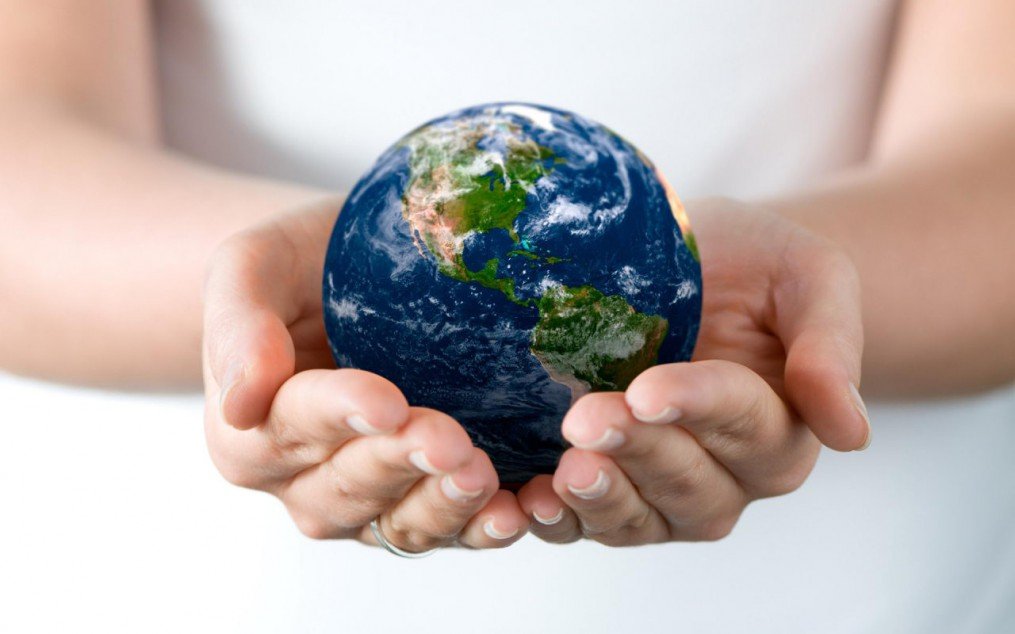This week, it’s the turn of our intern Charlotte to answer Marie’s interview questions and share a little bit about herself and her experience with BigTranslation. “I was born in the south of England (Crawley) and when I was nine, I moved to France with my family, where I’ve been living for the last ten years (Limoges).”
Translating into English with BigTranslation
This week, it’s the turn of our intern Charlotte to answer Marie’s interview questions and share a little bit about herself and her experience in translating with BigTranslation.

Please introduce yourself (where you’re from, where you live, past or present studies, etc.).
How long have you been working with BigTranslation?
I was born in the south of England (Crawley) and when I was nine, I moved to France with my family, where I’ve been living for the last ten years (Limoges). I did a scientific baccalauréat and then a year of classe préparatoire littéraire.
At the moment I’m studying at the faculty of Philology in Valencia, doing the first year of an undergraduate course in German Language and Literature. I’ve been working with BigTranslation for a few months.
Which are your working languages? What is it that you most like about translating?
Right now I’m working with Spanish and English, although I’ve also translated from French to English and vice-versa. Translating well is always a challenge, and I guess that’s what I like the most about it: the satisfaction of confronting a difficult text and to be able to find the exact expressions in another language. If you succeed in doing so, you turn into a kind of chameleon capable of blending into the people of any country and being taken for native (one of my goals!).
Have you always wanted to be a translator or did you consider other careers? For you, is translation a passion or a pastime?
My grandmother is an English/French translator and since I was little she’s helped me with languages, to learn French for example. She’s passed on to me her passion for languages, grammar and literature, as well as for Latin and Greek, and for that reason translating has always interested me. I don’t have any definite plans right now, or specific professions in mind, but translating is a possibility. In any case, I’m sure that I want to learn a few more languages.
In what capacity do you work with BigTranslation and what was it that made you chose the company? In your opinion, what makes it stand out from other companies?
I’m doing work experience in the company and I found it a bit by chance (a poster in the faculty). However I like the style of work and being part of a big multilingual team, and the experience is very interesting.

What essential qualities or skills should a translator possess? What’s your ‘motto’ on translation, if you like?
Like I said before, my grandmother passed on to me her passion for grammar, and I think that’s essential when translating – good knowledge of how different languages work, because just knowing vocabulary isn’t enough. It’s also useful to have lived in different countries to know how things are usually said, so that you don’t write or speak like a dated exercise book. I think a good translator needs to be rigorous, patient, and above all needs to be passionate about languages and enjoy working with them.
Imagine a world without translators. What would it be like?
Such a world would be very sad! What’s so fascinating about translating is to be able to share different cultures and views on the world, to spread knowledge, to explore languages and the way they work, which always reflects something about the people who speak them… If there were no translators, it’s obvious that conflicts would be far more frequent (although we still have a lot to improve in that matter). Translators are linguistic diplomats, bridges between cultures: to make do with just one language is to cut oneself off from the rest of the world, and the more open we are to countries different to ours and the more we understand each other, the better we’ll all live.

















